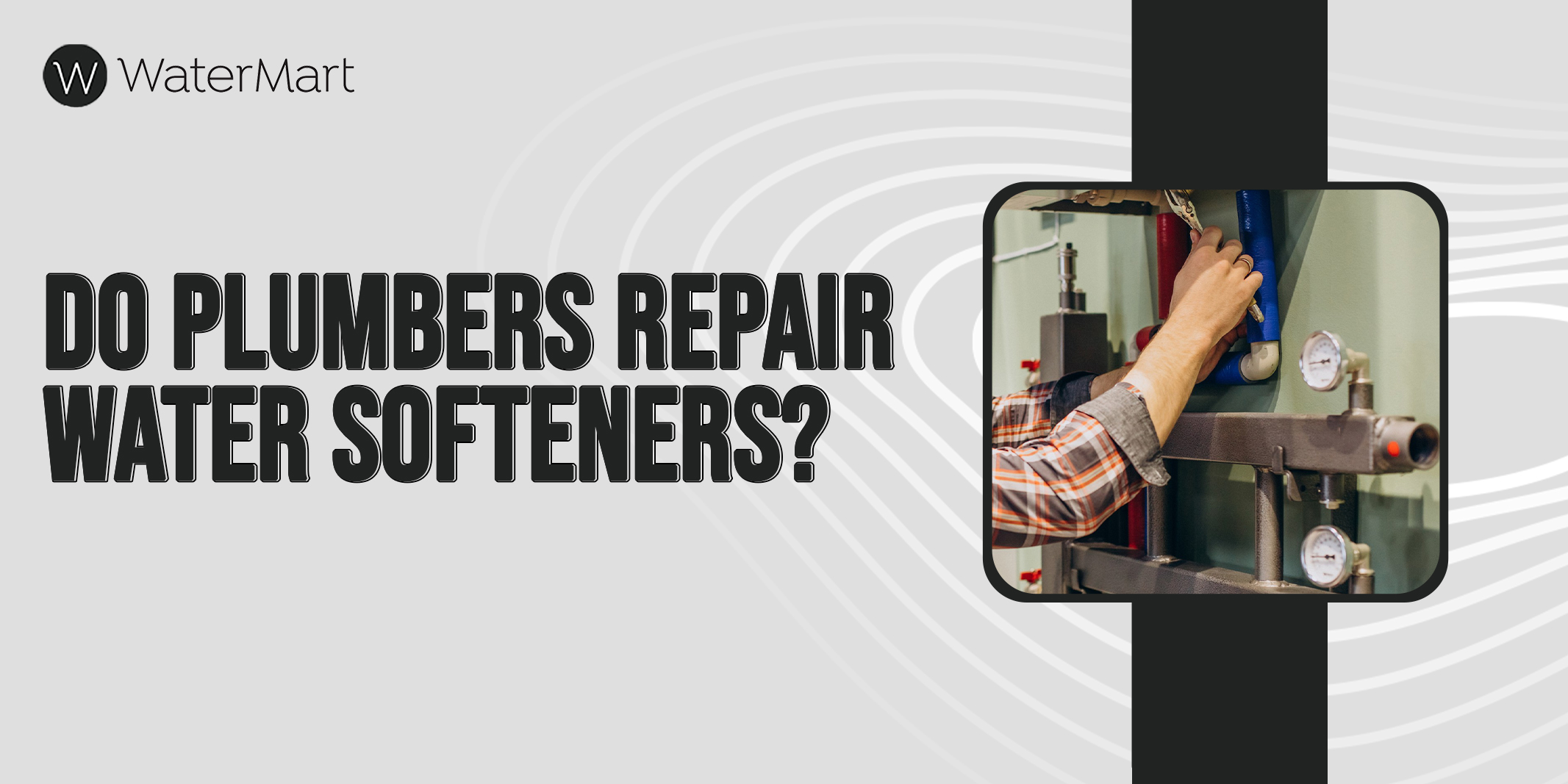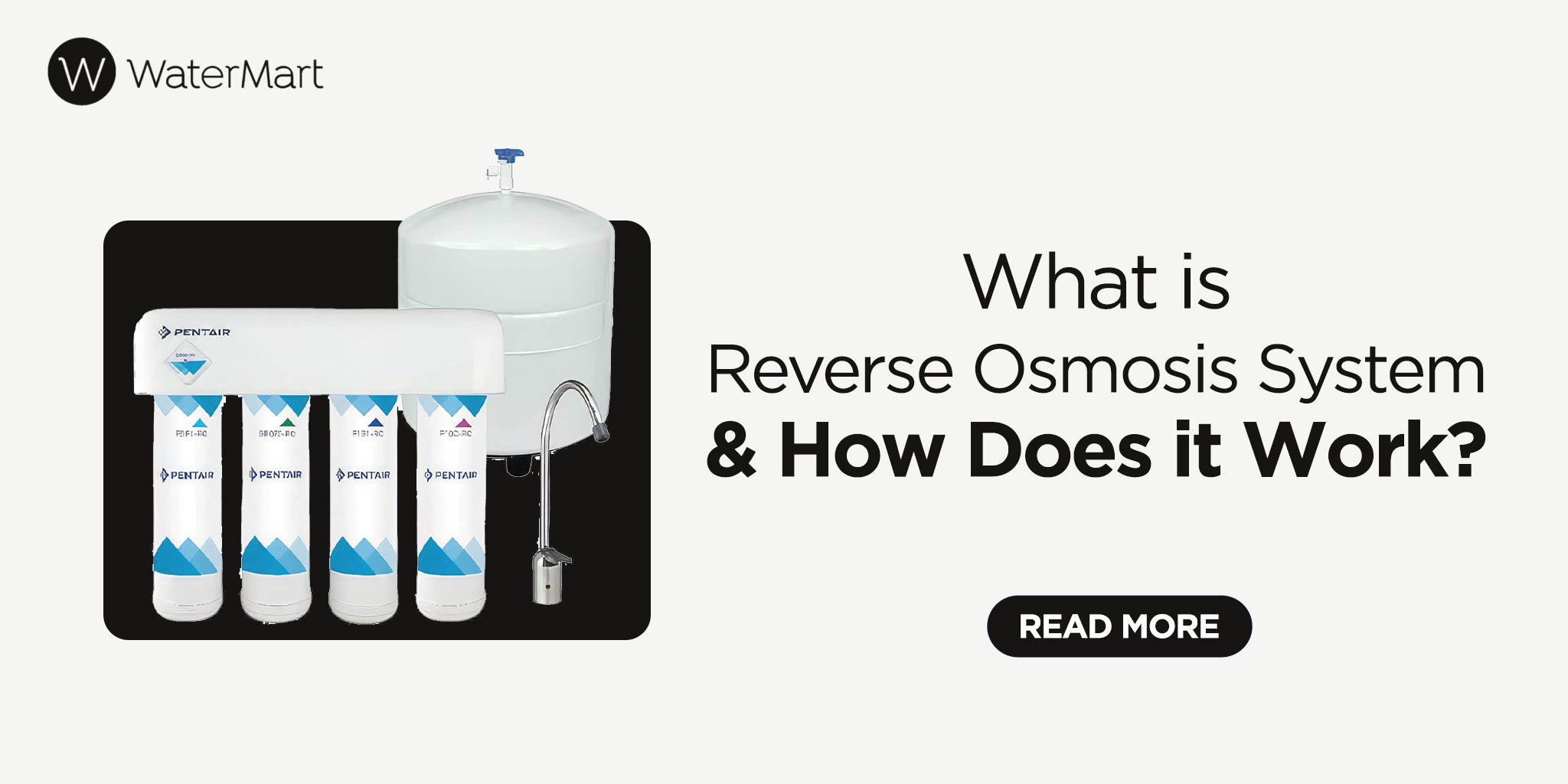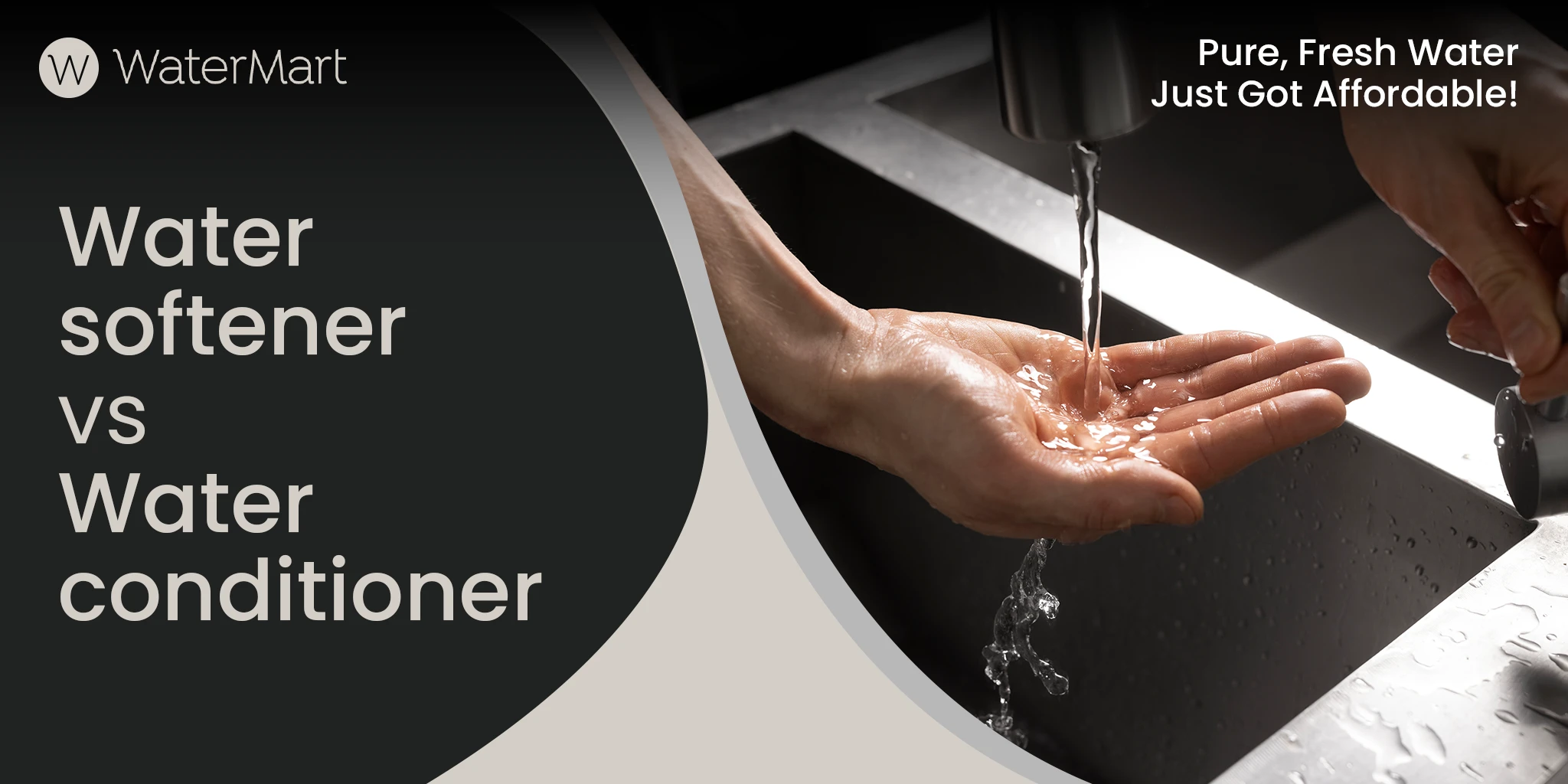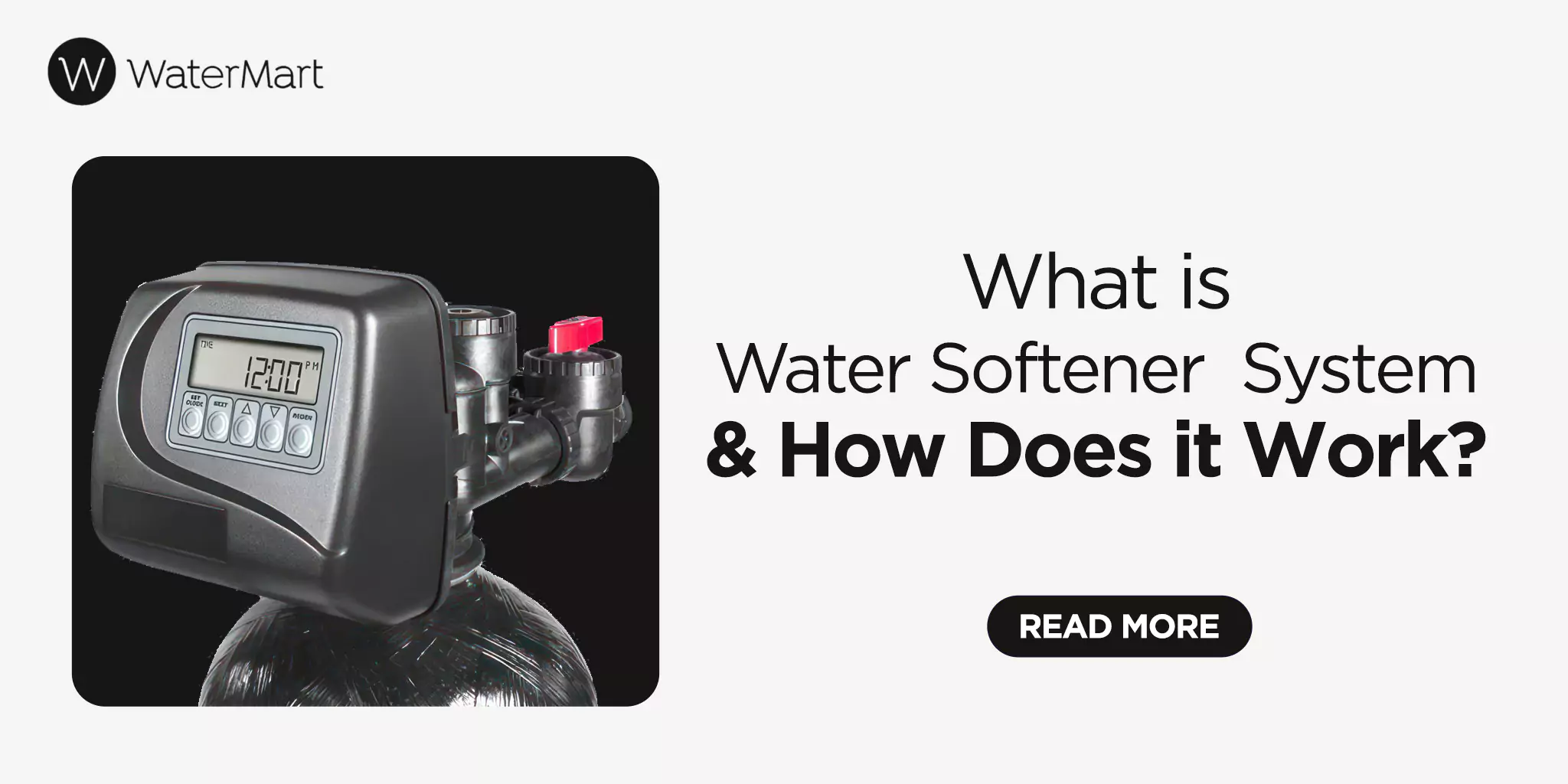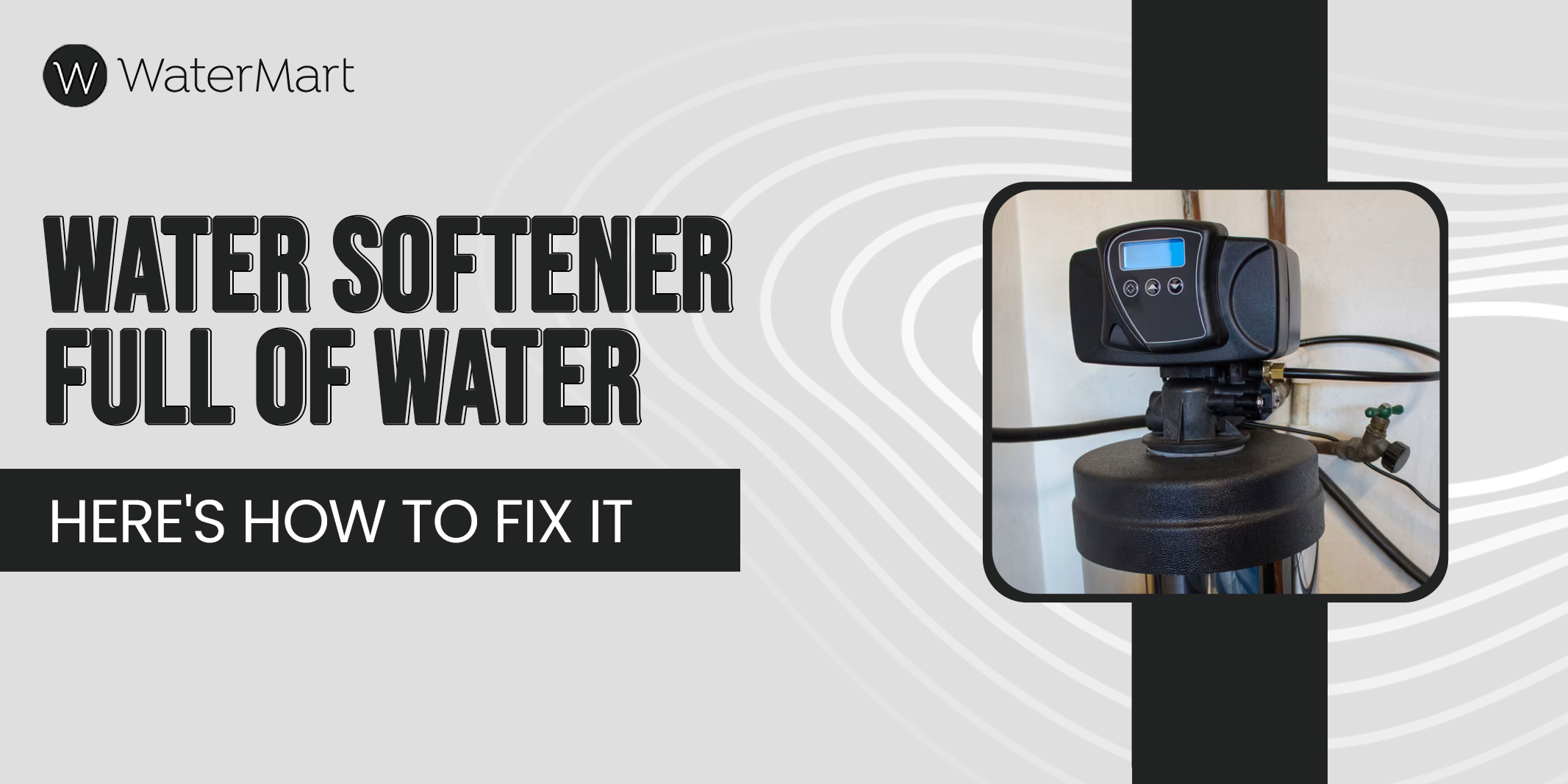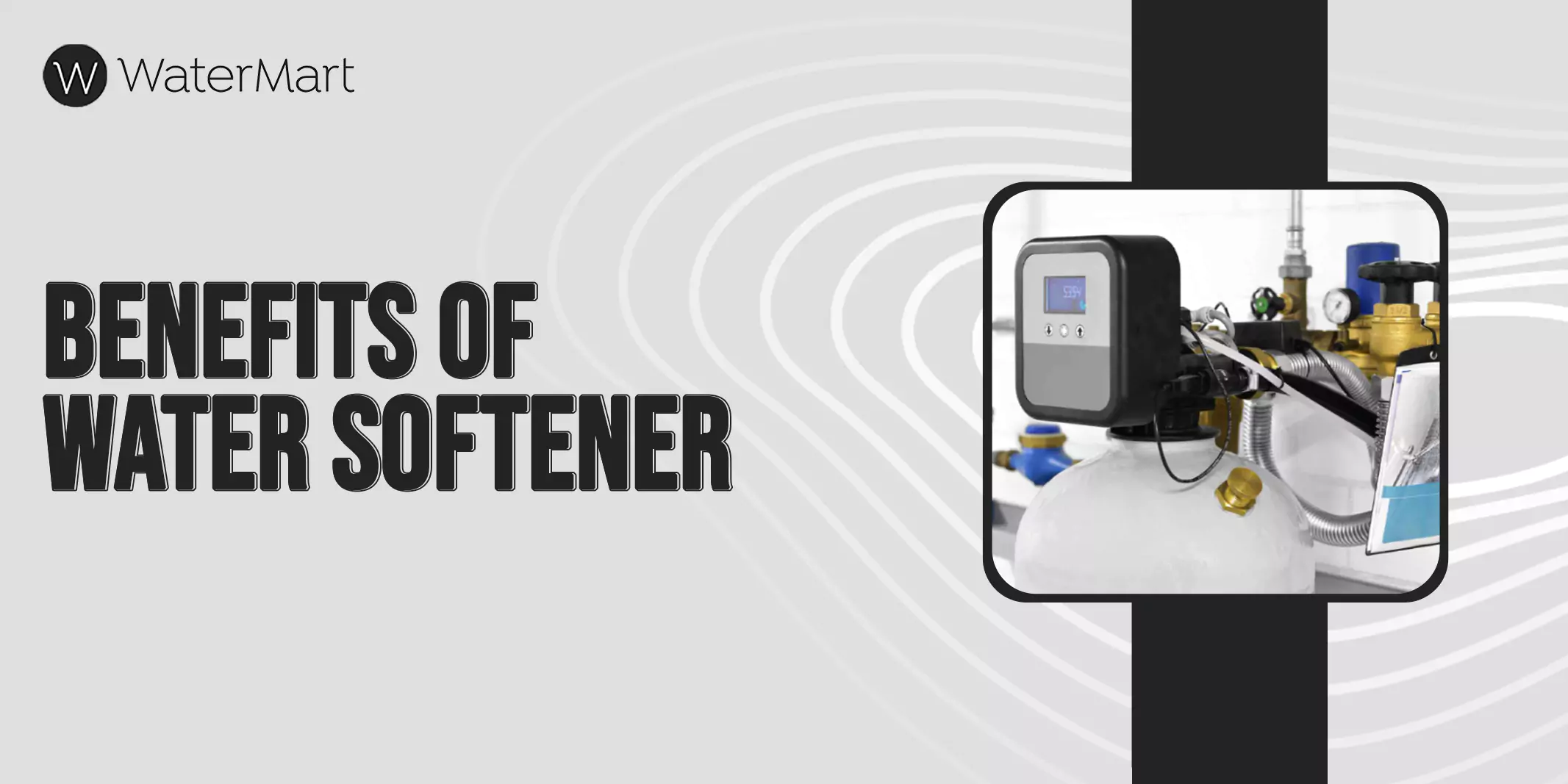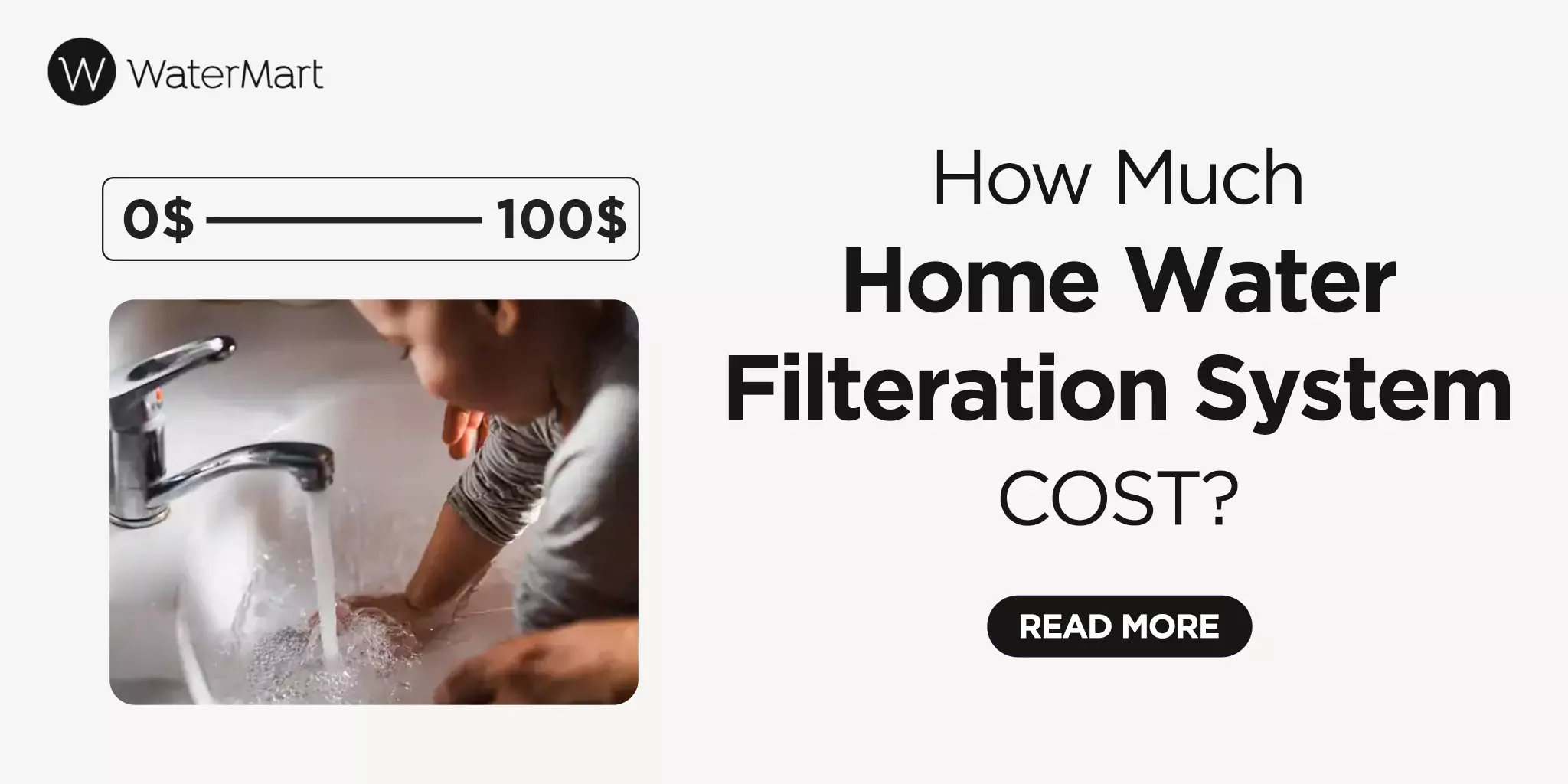Your cart is currently empty!
Do Plumbers Repair Water Softeners?
Have you ever wondered “How do plumbers repair water softeners?” This article is for you!
Hard water is one of the most common problems for homeowners living in Toronto, Canada—it can wreak havoc on your pipes, appliances, and even your skin and hair. To combat these issues, many people choose whole home water softener as a reliable option.
However, when it comes to installing or repairing these systems, homeowners usually find themselves in a difficult situation. Plumbers are usually skilled and expert in many plumbing tasks. However, not all plumbers excel in repairing or installing water softeners.
In this article, we’ll discuss the different types of plumbers who can handle these tasks efficiently without breaking the bank. We’ll also offer some tips for choosing the best service provider for water treatment solutions.
So, stay with us!
Do Plumbers Repair Water Softeners and Which Plumber is The Best?
Generally, yes, plumbers repair water softeners and sometimes are quite efficient in whatever they do.
However, not all plumbers specialize in water softener systems. Here are different types of plumbers and their areas of expertise.
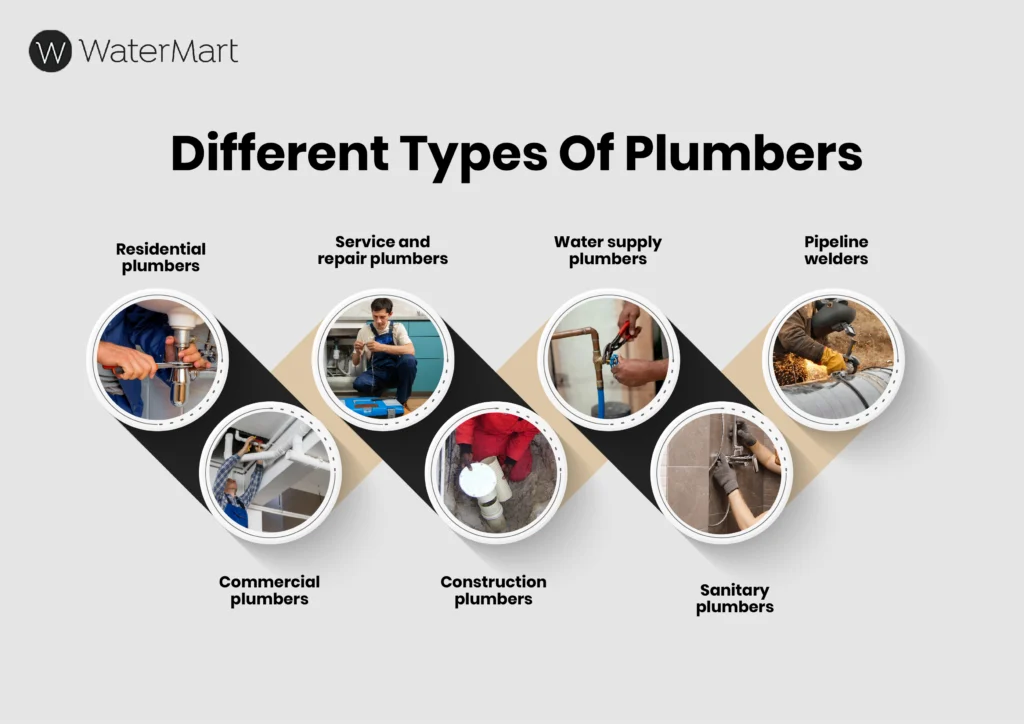
- Residential Plumbers: They deal in plumbing systems in homes and apartments, such as fixing leaks, installing fixtures, and maintaining drainage systems.
- Commercial Plumbers: They handle plumbing systems in commercial buildings, such as offices, restaurants, and retail stores.
- Service and Repair Plumbers: These plumbers repair and maintain existing plumbing systems and maintain existing plumbing systems. However, if they work in areas with hard water, you may find them working on water softeners.
- Construction Plumbers: They work on new construction projects, such as installing plumbing systems in homes and buildings.
- Water Supply Plumbers: These plumbers are proficient in the installation and repair of water supply systems, including pipes, valves, and fittings.
- Sanitary Plumbers: They install and repair drainage and sewer systems. In some cases, they can install drain lines for brine discharge for your water softener.
- Pipeline Welders: They are professionals in welding pipes, usually used in industrial and commercial settings.
What to Look for in a Plumber for Water Softener Repair?
If you’re looking for a plumber to install or repair your water-softening systems, here are a few things you should consider before hiring one.
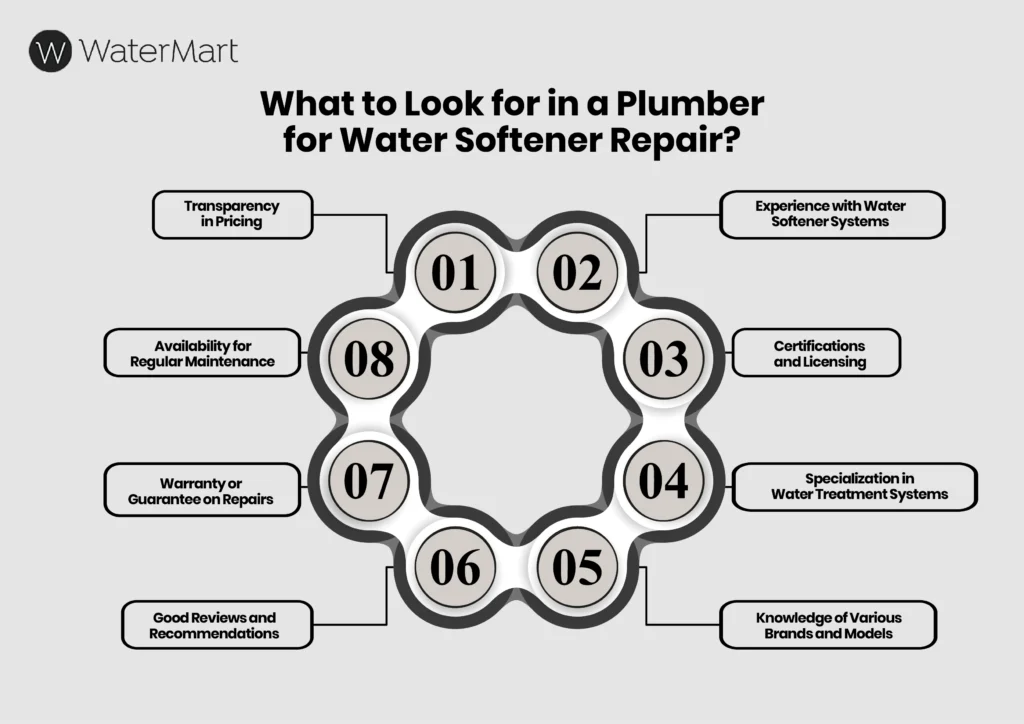
Experience with Water Softener Systems
As mentioned earlier, not all plumbers can handle water treatment solutions because these systems are usually complex and may require professional expertise.
Therefore, if you’re looking for a plumber for water softener repair, choose one with hands-on experience in repairing and maintaining these systems for long-lasting results.
Certifications and Licensing
Always go for plumbers with professional licenses and certifications to validate their expertise and adherence to the industry standards.
Specialization in Water Treatment Systems
A plumber who is experienced in dealing with water treatment systems can diagnose the problem and troubleshoot it effectively as compared to those with little to no experience.
Knowledge of Various Brands and Models
Your plumber should have knowledge of various brands and models because each company has certain guidelines and instructions to meet. Hence, hiring a knowledgeable plumber will allow them to efficiently troubleshoot the problem regardless of the make and model of your system.
Good Reviews and Recommendations
Look for positive reviews and recommendations from previous satisfied customers for the plumber’s reliability, quality of service, and professionalism.
Warranty or Guarantee on Repairs
Any professional and reputable plumber will offer a warranty or guarantee on their services to provide complete peace of mind.
Availability for Regular Maintenance of Water Softener
Water treatment systems, such as water softeners, require routine maintenance and upkeep. Make sure your plumber is available to schedule routine maintenance or contact our water solutions company for fast & reliable Maintenance.
Transparency in Pricing
There should be no hidden charges from your plumber’s end. Make sure your plumber or service provider is offering a transparent and upfront pricing policy. Have a clear understanding of all the costs involved, including the labor charges, parts, and fuel charges.
When Do You Need a Plumber to Repair the Water Softener?
Fortunately, most of the softener issues can be solved at home with basic plumbing knowledge. However, there are times when you need professional help under certain circumstances.
Many common water softener problems are linked to salt-based systems, such as brine tanks, resin beads, and control valves. For homeowners who want fewer mechanical issues and lower maintenance, salt-free alternatives like magnetic water softeners are often considered.
Here are some common water softener issues that may require professional help.
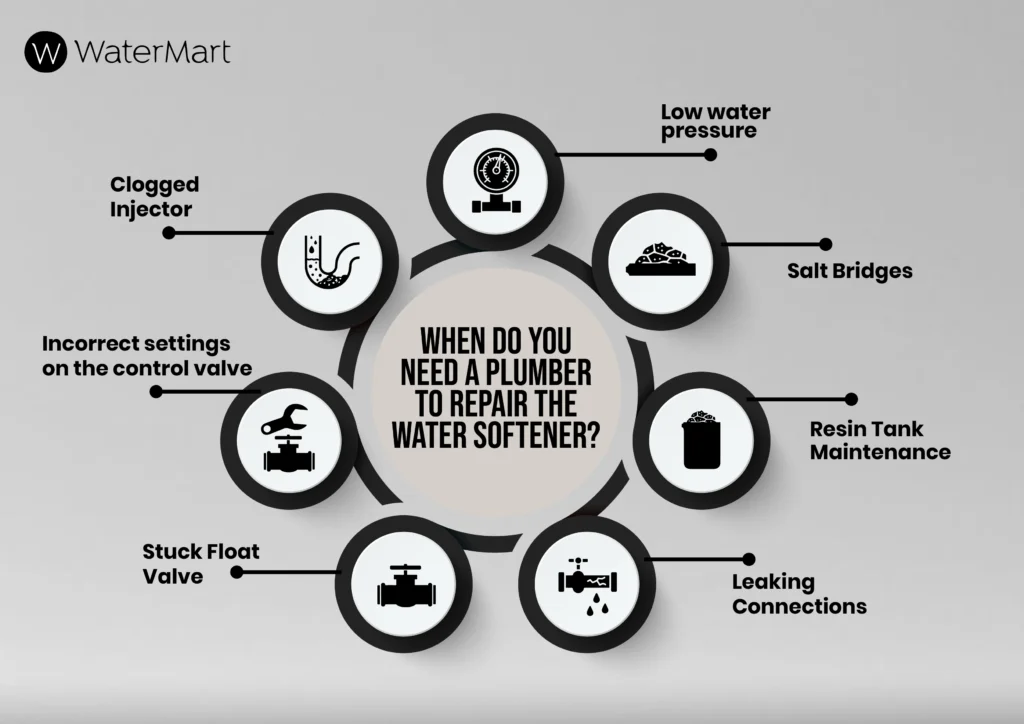
Low Water Pressure
Low water pressure can be caused by many reasons, including mineral buildup, a faulty tank, or a clogged valve. However, if you’ve properly cleaned the filter and checked the water meter and still the problem persists, you may need to call a plumber for the maintenance of the water softener.
Salt Bridges
Salt bridges are caused by the crystal that usually bridges the gap between the brine tank and the resin tank. If you have tried to dissolve the bridge with hot water, but still it’s there, it’s better to call a professional plumber.
Resin Tank Maintenance
Though routine maintenance of water softener can be DIYed at home, annual or monthly maintenance, such as backwashing and rinsing should be done by a professional to avoid potential issues with your softener.
Leaking Connections
If the connections are leaking, they may lead to water damage and wasted water. Fixing and identifying the leaks can be challenging, especially for those with minimal plumbing knowledge and skills. Therefore, it’s recommended to call a professional water treatment plumber to prevent damage.
Stuck Float Valve
If the float valve is stuck, it allows the brine tank to overflow or underfill. Troubleshooting the float valve is an expert’s task that should be addressed promptly. Therefore, a professional plumber can diagnose the problem and repair it accordingly.
Incorrect Settings on the Control Valve
If it’s your first time getting a water softener, you might find a hard time adjusting the settings. Therefore, it’s advisable to call a plumber who can help you set up and optimize the control valve as per your specific water-softening needs.
Clogged Injector
A clogged injector obstructs the proper flow of brine into the resin tank, ultimately hindering the performance of your water softener. If your water softener is clogged, it can lead to inefficient water treatment. While it’s easy to clean the injector, persistent clogs require professional help from a plumber to restore optimal functionality. Explore our full guide on water softener issues for more detailed insights.
Final Thoughts
Now you know the answer to, “Who fixes water softeners,” next time when you need routine maintenance or troubleshoot a specific water softener issue, you know who to call.
Always ensure to check the reviews and testimonials from real customers to check the quality of services and reliability offered by the professional. Also, make sure your plumber is licensed and certified with expertise to adhere to the industry standards.
If you’re in Toronto or surrounding areas, you can always contact WaterMart for their phenomenal water treatment solutions and water systems installation services. With over 30 years of expertise, they have the right skills, knowledge, and tools to tackle your issues and troubleshoot the problem accordingly.
Schedule your FREE consultation today!
FAQs
Yes, water softeners can be repaired by a professional plumber.
It depends on many factors, such as the type of service required and the size of your water-softening system. However, if you have routine maintenance scheduled, it is relatively inexpensive.
Most plumbers can clean water softeners. However, it’s not recommended to get your water softener cleaned by a plumber.
With proper care and maintenance, your water softener can last up to 15 years or even longer. However, resin beads may need replacement every 5 years, depending on the water usage and hardness levels.
If you experience decreased or poor water quality, excessive salt usage, and visible damage, chances are your water softener needs to be replaced rather than repaired.
